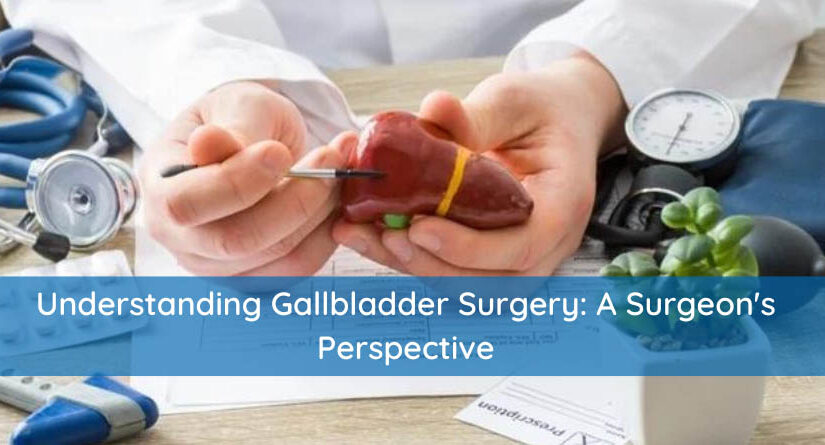Effective Relief from Chronic Acid Reflux: Understanding Fundoplication Surgery
Have you been relying on tablets to address your acid reflux symptoms without finding relief or you are experiencing repeated irritation? This article is tailored for individuals facing such challenges. The esophagus, a vital component of the gastrointestinal (GI) system, acts as the tube connecting the mouth and stomach. Patients with acid reflux generally develop symptoms such as increased belching, heartburn, regurgitation of food, sour taste in the mouth, bad breath, chronic sore throat, chronic cough, and hoarseness. Repeated acid reflux symptoms are mainly attributed to the lax lower esophageal sphincter, the muscle responsible for preventing stomach contents from flowing into the esophagus, throat, and mouth.
Beyond being irritating and painful, recurrent acid reflux can cause significant damage to the esophagus and throat, potentially leading to cancer, if not properly treated. Initial therapy typically involves antacid and anti-reflux medications, but some individuals may not respond effectively to these treatments.
Dr. Atul N. C Peters, Senior Director, Department of Minimal Access and Metabolic Surgery, Max Smart Super Speciality Hospital, Saket, advocates definitive treatment for long-standing heartburn, to prevent complications like esophageal cancers, and improve the overall quality of life for patients. The most reliable surgical approach to achieve this is called fundoplication.
What is Fundoplication?
Fundoplication is a surgical procedure designed to treat gastroesophageal reflux disease (GERD). During this surgery, the surgeon creates a new sphincter (tightening muscle) at the bottom of the esophagus to prevent acid reflux. Many individuals experience a significant reduction in acid reflux symptoms following the surgery.
Types of Surgeries:
There are two main types of fundoplication surgeries:
- Minimally invasive Procedures: Involving small incisions by either Robotic or Laparoscopic methods.
- Open Procedures: Utilizing larger incisions to allow the surgeon access to larger instruments.
What Happens During Fundoplication?
Robotic or Laparoscopic surgery requires anesthesia to induce sleep. In Robotic surgery the Robot is connected to the patient at the procedure is done through it. In Laparoscopic surgery the same procedure is done through laparoscopic vision and instruments. Minimally invasive procedures use smaller incisions and are more precise. Thus, leading to a faster recovery than in open surgery.
Recovery Time:
Normal eating can typically resume in a few hours after the surgery. For the first 7-10 days, a soft diet is recommended, and regular activities can be resumed within a few days.
Advantages:
Most individuals experience improved GERD symptoms post-fundoplication, reducing discomfort and the risk of developing Barrett’s esophagus.
Risks or Complications:
While infection at the incision site is a potential risk, the primary concern is that symptom relief may not be permanent if postoperative instructions are not followed correctly.
When to Call the Doctor:
If acid reflux symptoms recur after surgery or if there is bleeding, excessive swelling, fever, flushed skin, vomiting, or any other concerning signs, consulting a healthcare provider is advised.
Dr. Atul N.C Peters, Senior Director, Department of Minimal Access and Metabolic Surgery, Max Smart Superspeciality Hospital, Saket, recommends you meet a doctor and discuss your symptoms before starting any over-the-counter medications for your heartburn symptoms. Secondly, if the heartburn persists more than a few weeks you should schedule a Gastroscopy appointment. For those in Delhi, consulting the best bariatric surgeon in Delhi can provide specialized care and effective treatment options for managing acid reflux and other related issues.







